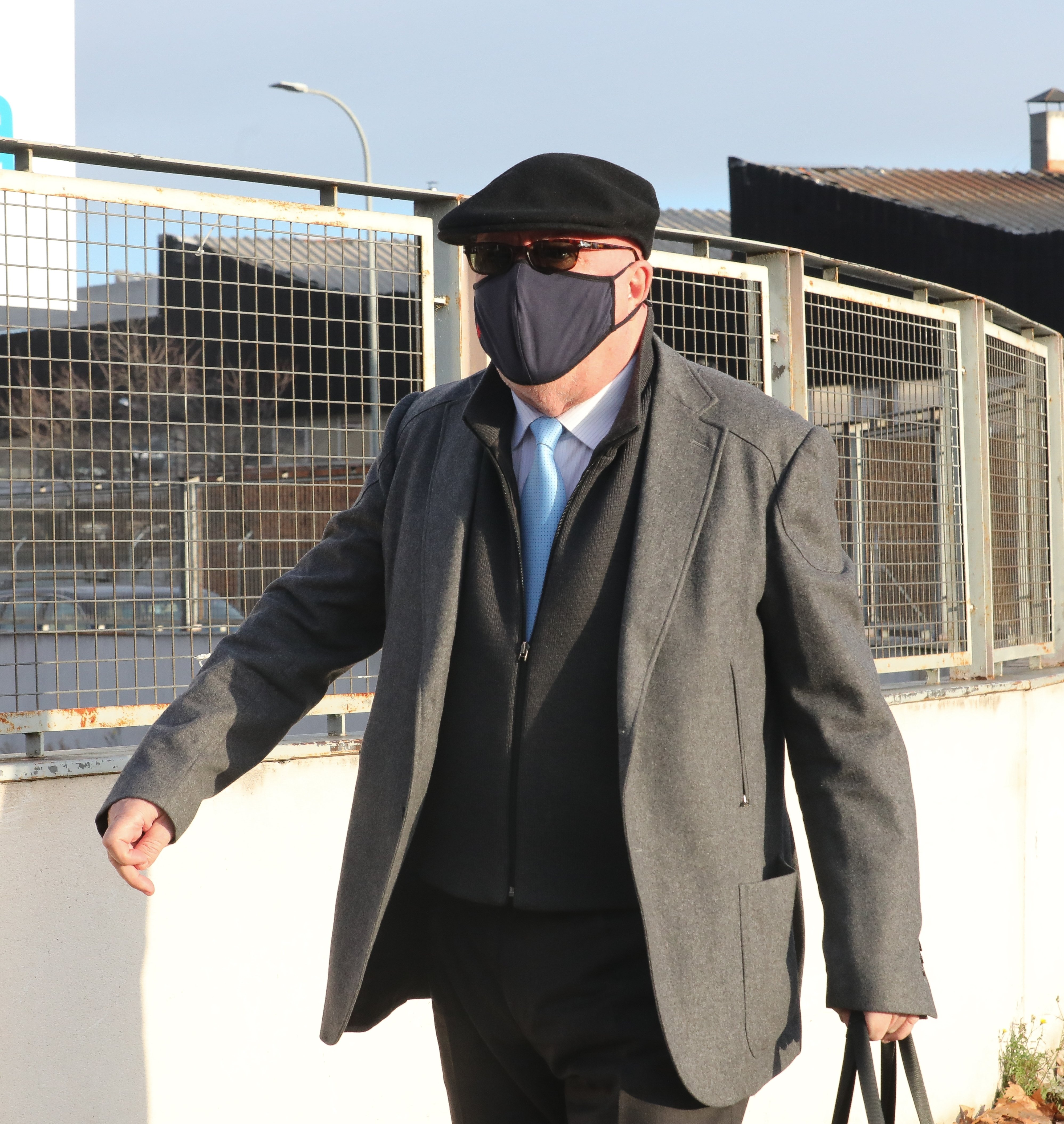The day after former Spanish police commissioner Villarejo accused the Spanish National Intelligence Center (CNI) of being behind the 2017 Catalonia terror attacks, today he insisted on linking the state with the August 17th, 2017 events. On his arrival at Spain’s National Audience court, where he is testifying on the Tándem case, Villarejo maintained the statements he made yesterday, in which he assured that "the CNI miscalculated the consequences of giving Catalonia a small scare". However, he specified what were the real intentions of the CNI: "The intention was probably not to carry out an attack, but to cause a sense of risk so that Catalonia would feel the need for the protection of the Spanish state".
"Many times, fictitious commandos have been created to reassure people," said former Spanish police commissioner Villarejo this morning in statements to the press, who were waiting for him upon his arrival at the National Audience court, after the controversy caused by his statements. In addition, he pointed out that the scare of which he spoke yesterday: "It got out of hand when the imam died, the youths [in the terrorist cell] did not know how to react".
Thus, far from mincing his words, he recalled the link that the CNI and the Spanish judiciary maintained with the imam of Ripoll, Abdelbaki es Satty, who acted as a confidant. He also focused on the current Spanish minister of Interior, Fernando Grande-Marlaska, highlighting that when he was a judge he ordered to tap the imam’s phone: "When he was going to be deported, some gentlemen of the CNI talked to the judge and cancelled the order".
The proof is in his files
After his controversial statements yesterday, which mark a turning point in everything surrounding the 2017 terror attacks, the victims of the attacks demanded that he provide evidence of these accusations. The Unit for the Attention and Assessment of Those Affected by Terrorism (UAVAT) demanded via a communiqué that Villarejo present all the information that certifies the statements he made yesterday in court.
In response to these requests, Villarejo was very clear: "They want proof? Let them read my reports. Let them look at the conversations I have with the investigating judge, even if he was retired. They are in my files, why have they been declared secret?", said the former commissioner ironically. "I authorize their release. We must realise that citizens are not children and the law of secrets cannot be used to hide everything. It is a Francoist law, obsolete, from 1968", he concluded.
Yesterday, the victims of the terrorist attack on La Rambla and the Cambrils promenade assured that the commissioner is obliged to present all the evidence he has to clarify the facts he denounces. In addition, as an act of compassion, they asked him to provide all the information he has as a sign of his empathy and solidarity with the victims of the attacks in the heart of the Catalan capital. However, the victims also asked Villarejo a clear and direct question: "Why did you wait until you had a trial against you to make these statements?"

